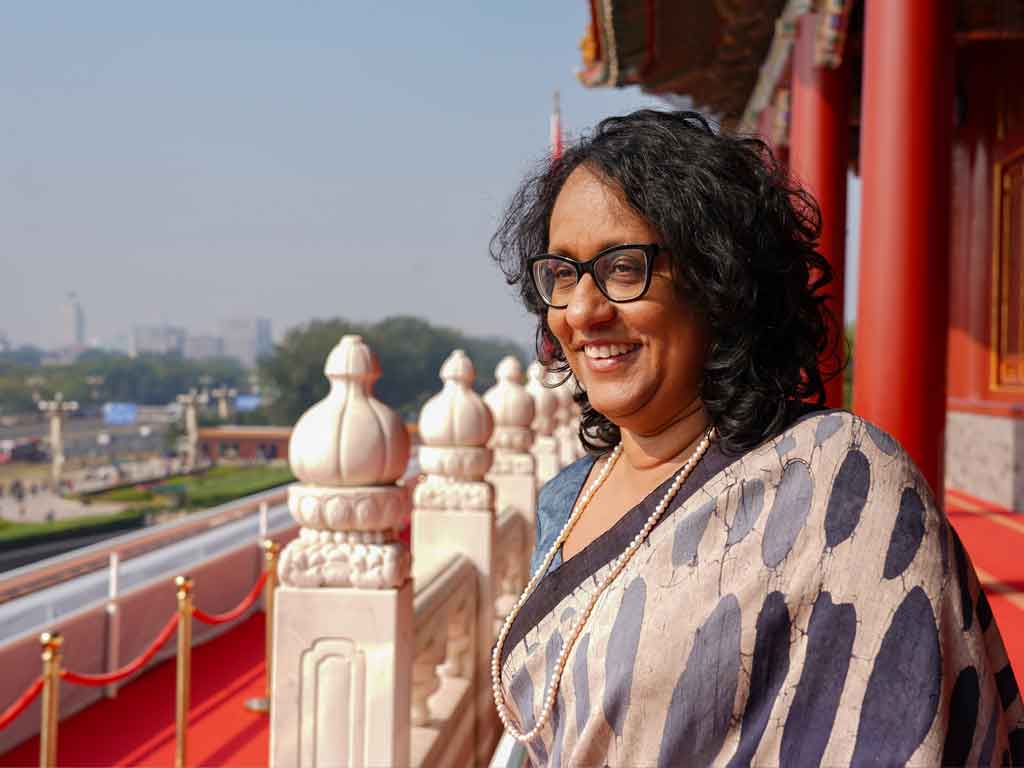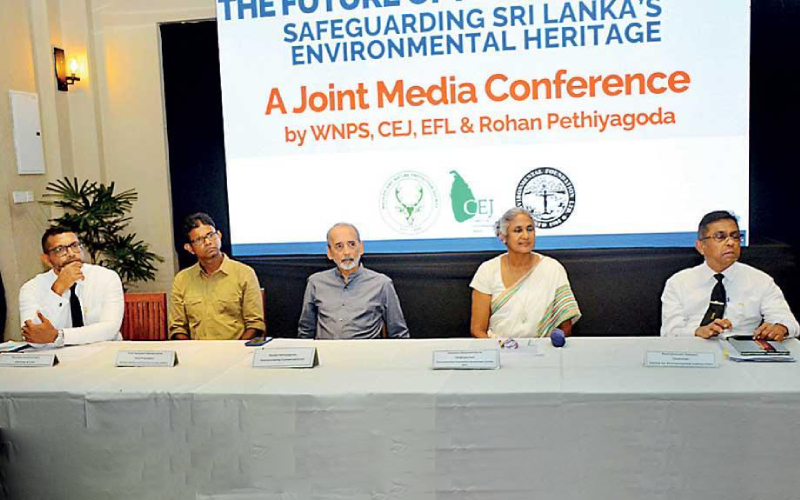Prime Minister of Sri Lanka, Harini Amarasuriya, has made her first official visit to New Delhi. She previously remarked that Sri Lanka lacks a coherent foreign policy: “We do not seem to have a coherent foreign policy; every minister comes in, and they tend to take unilateral decisions, and the government tends to take unilateral decisions—not based on any kind of coherent policy; that’s something we really need to change.”
Notably, this trip to India follows her recent official visit to China. Amarasuriya was invited to China by President Xi Jinping to attend the Global Leaders’ Meeting on Women. During her stay, she held wide-ranging discussions with President Xi at the Great Hall of the People in Beijing, focusing on deepening Sri Lanka’s engagement with China and further consolidating the longstanding friendship and multifaceted cooperation between the two nations.
Can the visit to New Delhi, coming directly after the trip to China, be seen as an expression of the National People’s Power’s (NPP) foreign policy approach—one that seeks to maintain an equal distance from both countries?
The democratic rise of the JVP (Janatha Vimukthi Peramuna), which previously failed to seize power through armed struggle, was not solely a victory of its ideology. Rather, it was the economic crisis and a subsequent leadership vacuum that rallied people to the NPP. JVP leader Anura Kumara Dissanayake became a charismatic political figure and ended the eight-decade-long political domination of Sri Lanka’s old elites. Even the Tamil minority, who historically voted for Tamil parties, overwhelmingly supported the NPP. In this context, one may question whether the JVP could have come to power if not for the country’s bankruptcy.
Yet, the JVP still cannot contest elections independently; it must do so under the NPP banner. This marks a significant departure from the traditional JVP. The JVP’s historical anti-India and anti-Western stance continues to raise concerns. The recent US State Department report on Sri Lanka’s economic conditions highlights persistent doubts among foreign investors, citing the JVP’s past positions and Marxist ideology.
Bilateral relations are difficult to manage under a cloud of suspicion. Diplomacy cannot always operate as if under constant threat. The JVP must further evolve to dispel these doubts.
Within the NPP, Harini Amarasuriya projects a liberal yet progressive image. Some regard her as the new face of Sri Lanka’s foreign policy, with her rising international profile potentially loosening the JVP’s tight grip on foreign engagements. Importantly, Harini is not part of the JVP; she embodies the NPP’s liberal outlook and, in many ways, represents the next voice of the movement after Anura Kumara Dissanayake. According to Harini, the government will have to walk a tightrope to maintain economic stability. “2028, I would say, is the critical year because that’s when we come out of the IMF program,” she added. In this context, her visit to India is especially significant.
Although Sri Lanka is gradually recovering from its economic crisis, it has not fully emerged from danger. During the worst of the crisis, India provided four billion US dollars in aid through its “Neighborhood First” policy. Ranil Wickremesinghe aptly described this as a “breath of life.” The question now is whether Colombo approaches international relations with the same “neighbors first” attitude that India employs. The NPP appears to continue the foreign policy subordination seen under previous regimes.
During President Anura Kumara Dissanayake’s first visit to India, he stated that the party was not entering a power struggle—echoing sentiments previously expressed by President Gotabaya Rajapaksa. This phrasing suggests a desire to remain neutral in the competition between India and China, aiming for balanced relations with both.
Is this approach correct? It isn’t easy to treat an immediate neighbor and a distant competitor in the same way. The NPP government must learn from the foreign policy missteps of its predecessors. Some argue that the NPP’s approach has caused relatively less damage to the country than all its predecessors.
After a year under NPP leadership, this assessment may be true. Yet, the long-term viability of pursuing “balance” and “neutrality” remains uncertain. In light of these realities, the NPP must establish a coherent foreign policy towards India, making the bilateral relationship a cornerstone of Sri Lanka’s international strategy—an essential “plus” in foreign affairs. Colombo should move towards an “India First Always Policy” (IFAP), marking a necessary evolution in its foreign policy framework. Simply declaring that Sri Lanka will not permit its territory to be used against India’s interests is insufficient; such assurances must be translated into concrete, actionable foreign policy positions.




